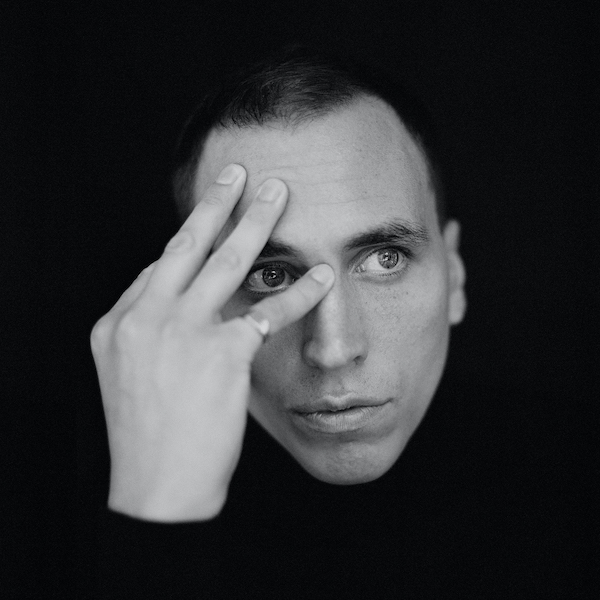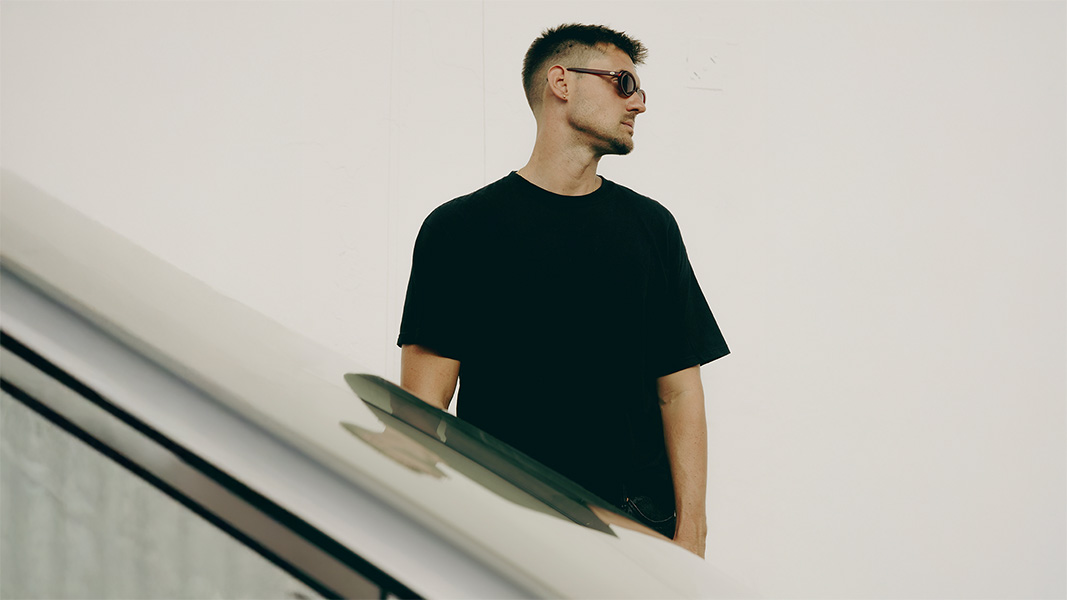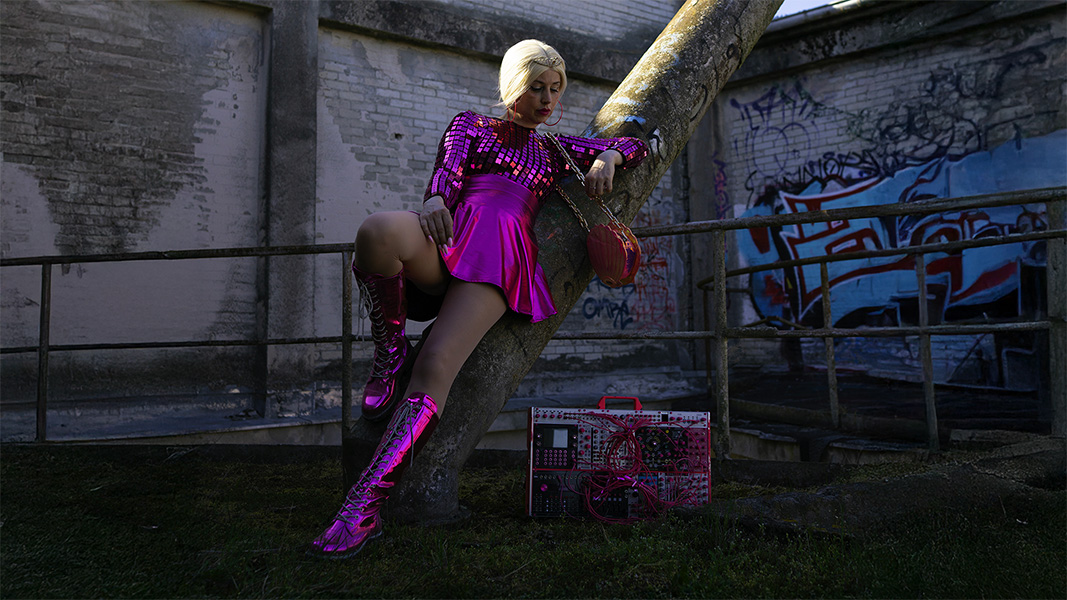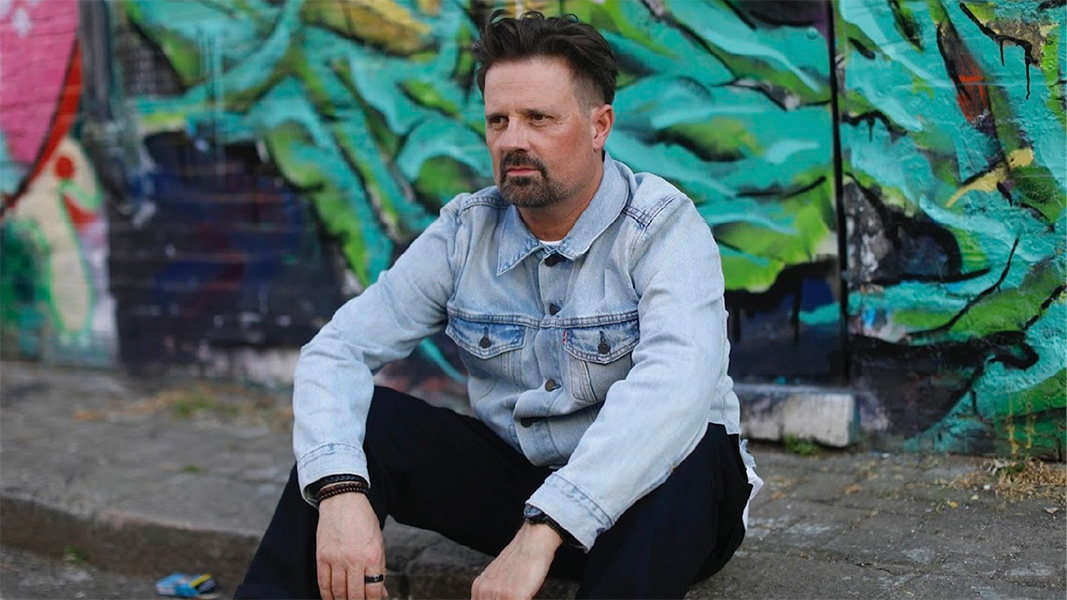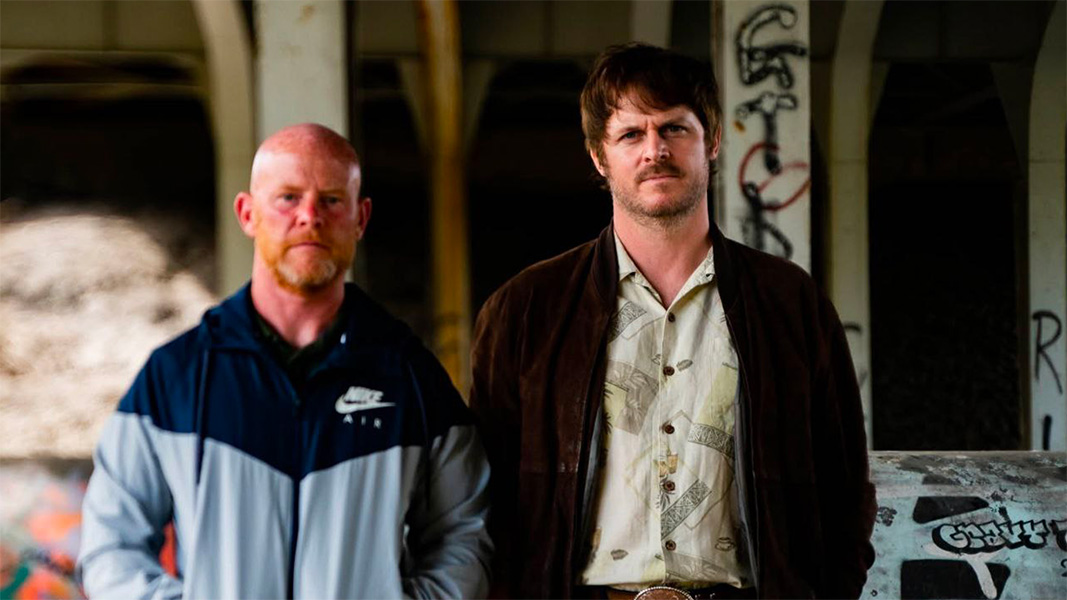German music producer and composer, Martin Kohlstedt, is about to release his new album FELD – a project of sonic vastness, showcasing cutting edge electronica production intermingling with analogue and acoustic approaches ranging from classical piano and ambient to score design in an effortless way. Out on the 31st March, we sit down to discuss the new album project, how art and community relate, and the meaning of his live performances.
WWD: Hello Martin, welcome to When We Dip. Please tell us about the inspiration behind your latest album project “FELD”?
The last few years have been particularly different from the years before in many respects. The music created during the pandemic followed the feeling of pausing. When the departure followed, the new circumstances, a kind of new sensibility, but also excessive demands and insecurities due to wars and nature, meant the music was not the same. It was precisely this tension that led to my new album “Feld”. So I trashed all the sketches I had built conceptually. I only wanted to take seriously the very organic, intuitive pieces where the idea exceeded the 70% mark after a short time without thinking too much, the way I have always done it on stage. It’s like the difference between two-dimensionality and three-dimensionality, the potential of a piece from which you take a step back and “just let it run” is far higher than planned, compositional thinking for me.
WWD: Please could you shed some light on the creative process behind the making of the album. How did you fuse piano and electronica? Can you tell me more about your approach?
The tension I just spoke about is the result of ambivalence, which I also embody in a musical sense. The introverted, delicate, organic and wooden sounds from within collide with the electronic, artificial synthesizers and white-noise towers of the outside. What begins as a discourse between two sides develops more and more into a common movement that resonates in the music. Friction and doubt are often the fuel for it.
I need the music to understand these times, to classify them for myself. As beautiful as the result sometimes sounds in the end, it is still a self-destruction. Through the result, I ultimately send signals to like-minded people who then make me feel understood. This feeling of being “at home” and connecting people in it is another big impulse to do what I do. I believe that this lies in the nature of the human being.
WWD: You are currently rounding off some tour dates and have more live shows coming up in 2023! What’s your favourite thing about being on tour and performing live music?
As I said, negotiating the issues of our time in community and constantly developing them are for me the real part of art. The vocabulary collected on the albums is discussed live and improvised intuitively. This makes every concert completely different, because if you include all environmental factors and allow the inner child to wrestle with the inner demon, both exuberance and failure, you manage to completely detach yourself from everything here and there and just be in the music. This is addictive and gets the thoughts rolling in resonance with the audience.
WWD: You’re well known for your piano compositions, with “FELD” you’re merging into more experimental, avant-garde electronica fields – what did inspire this move and who are your inspirations from the electronica music world?
I have been working with electronic devices on stage for many years. So far, it has only been a limited part of the albums, as I have often reduced my music to the basic essence. From one-hour sessions at the piano, after a lot of back and forth, I always created a basic pattern that I later connected with other ideas on stage, like a kind of collection of my modules. Exactly these modules are now created on stage, directly in front of the audience. Like in a big reactor, I then pick out basic modules from the long psychedelic sessions, which I in turn compile on albums. That’s the only way to get the different perspectives on your work. It’s the only way to keep the process authentic and keep both sides of my brain active.
WWD: As the year draws to a close, what has been your best moment of 2022 and what are you most excited for in 2023?
The year 2022 was like a roller coaster in terms of concerts. The event industry was slowly coming back to life. Very small concerts with a few people lying in a circle on the edge of the forest around my set-up in the meadow and listening, all the way to voluminous festivals like Fusion or Golden Leaves with thousands of people. It was special, it was grateful and all that could no longer be taken for granted. The newfound sensibility in society was more than ready for the sounds I brought, which of course made me very happy. Even though not everyone really knew how to be together again, it was an important and immediate reunion of human beings. And that’s what I feel my job is, so I can’t complain.
Next year, however, we want to fire all the rockets as we have a new album in the bag, the European tour concerts are lined up and we can finally expect everything to go our way again. I’m looking forward to seeing all the people again who have accompanied me on my way over the last ten years and I’m looking forward to absurdly beautiful sessions on the stages of this world.

